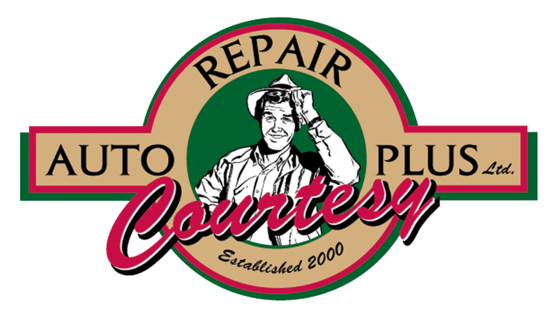Ethics of Automotive Repair in Tiffin
December 22, 2015
We're going to be talking about the ethics of automotive repair. It seems like news outlets really like hit-and-run reporting; they hit everyone from groceries stores to retail to physicians. And the Tiffin automotive service and repair industry hasn't been given a pass either.
Unfortunately, every profession in Tiffin has some bad actors that hurt the reputation of everyone else. On the automotive side, industry associations and professional licensing organizations are very committed to high ethical standards.
Yet some people remain uncomfortable with Tiffin automotive service and repair. It may start with the fact that our vehicles are a big investment and we rely on them for so much in our lives. That alone guarantees our attention. And how well we understand the recommendations really impacts our comfort level.
If we understand what's recommended and the benefits of taking care of the work – and the pitfalls of putting it off – we'll have more trust in the recommendation. So communication is key. It's like going to the doctor; If she's using medical jargon and takes a lot of basic medical knowledge for granted, we have a hard time following her train of thought. It can be like that with your Tiffin service advisor too. He's so familiar with all things automotive, he may forget you don't know a PCV from an EGT.
If you don't understand what your doctor's talking about: ask some questions. If you don't understand what your Tiffin automotive advisor's talking about: ask some questions.
Let's go back to those ethical standards; when we hear a repair recommendation, we always ask ourselves, "Is this really necessary?" Well, here's the industry standard:
If a technician tells you that a repair or replacement is required it must meet the following criteria:
- The part no longer performs its intended purpose
- The part does not meet a design specification
- The part is missing
For example, it you take your car in for a grinding noise when you step on the brakes, you may just think you need new brake pads. After the inspection, the technician at Courtesy Auto Repair Plus says that you have a cracked rotor and need to replace it.
If you tried to get him to simply put new pads on, he would say that if you didn't want to replace the rotor; Courtesy Auto Repair Plus would ethically have to refuse the repair.
To just put pads on a cracked rotor would have been very wrong. The brakes could've failed at anytime and needed to be repaired – not just have a band-aid slapped on them.
Now, looking at something not so serious, the technician may suggest repair or replacement if:
- The part is close to the end of its useful life – just above discard specifications or likely to fail soon
- To address a customer need or request – like for better ride or increased performance
- To comply with maintenance recommended by the vehicle's manufacturer
- Based on the technician's informed experience
Of course, the technician has the burden of making ethical recommendations and properly educating their customers. For the customer, if you are uncomfortable with a recommendation, ask some questions. More information is always a good thing.
More articles from Courtesy Auto Repair Plus

Such a Little Part (Climate Control Resistor)
January 25, 2026
You expect your heater/air conditioner to work like it should. You have a control for temperature and one for fan speed. You even have a control for what vents the air comes out of. Don't be surprised one day if your blower fan develops a mind of its own and starts going crazy. Most of the ti... More

Rumble from Down Under (Muffler Replacement)
January 18, 2026
Weve all noticed them at one time or another on the street: a car or truck that drives by and the deep roar from their exhaust system sounds like a drag racer on the line. But what happens when that rumble is coming from under YOUR vehicle? Well, it could be a sign your muffler needs attention. ... More

See the Light (Bulb Replacement)
January 11, 2026
When you notice one of your headlights has gone out, its important for the safe operation of your vehicle to get it changed and working again. Not only is replacing a headlight important for your ability to see in the dark, but its also vital that it be lighting your way and aimed correctly so o... More







